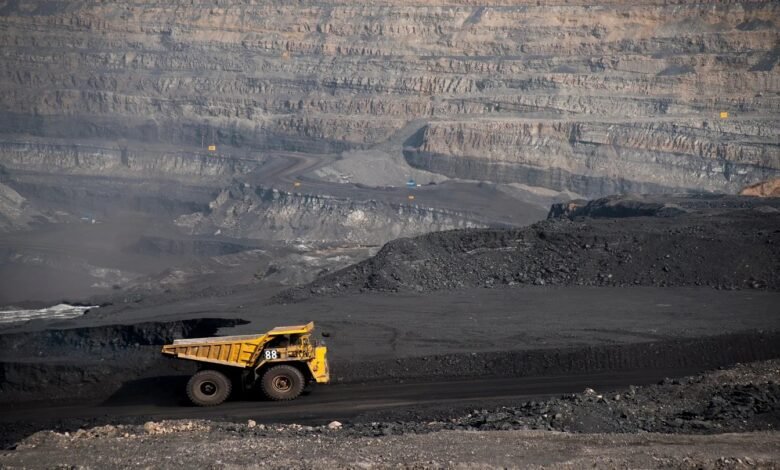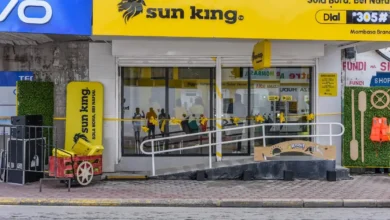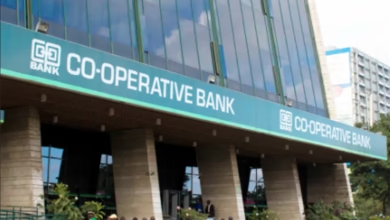
Botswana has awarded Giyani Metals a 15-year mining licence, the company announced on Wednesday, paving the way for it to become the country’s first battery-grade manganese producer.
Manganese is a key component in batteries and its demand is expected to be driven by growth in electric vehicles, among other clean energy applications.
Giyani’s Kgwakwe Hill (K.Hill) project will process manganese oxide material on-site to produce high-purity manganese sulphate, making it one of the few battery-grade manganese projects outside China. The Asian country controls 90% of global high-purity manganese supply.
The K. Hill mine will have an initial annual output of 80,000 metric tons of high purity manganese sulphate monohydrate annually over a 57-year life, according to a 2023 preliminary economic assessment.
Also Read: Samburu Residents to Benefit After UK Firm Marula Awarded Mining License
“The next step is production of battery-grade manganese from our demonstration plant, which is under construction in Johannesburg, South Africa,” the Canadian company said in a statement.
The product from the demonstration plant will be used for offtaker qualification, a vital step before offtake agreements can be signed, it added.
Botswana, the world’s biggest diamond producer by value, is heavily reliant on the gems, which contribute 30% of national revenues and 70% of foreign exchange earnings.
The country is looking to diversify within the mining sector with minerals such as copper, nickel, coal and iron ore.
Apart from diamond mines, the country has two operating coal mines and three copper mines.
With global appetite for green minerals on the rise due to the energy transition, the demand for battery metals such as manganese is expected to reduce the country’s reliance on diamonds.






Great work! This is the type of information that should be shared around the net. Shame on Google for not positioning this post higher! Come on over and visit my web site . Thanks =)
Heya i am for the first time here. I found this board and I find It really useful & it helped me out much. I hope to give something back and aid others like you helped me.
of course like your web-site however you need to check the spelling on quite a few of your posts. A number of them are rife with spelling issues and I to find it very bothersome to inform the reality on the other hand I’ll certainly come back again.
Way cool, some valid points! I appreciate you making this article available, the rest of the site is also high quality. Have a fun.
Your house is valueble for me. Thanks!…
I simply couldn’t leave your web site before suggesting that I actually loved the standard information a person supply on your guests? Is going to be back continuously to check up on new posts.
Hi my loved one! I want to say that this post is awesome, great written and come with approximately all important infos. I would like to look more posts like this.
I haven?¦t checked in here for a while as I thought it was getting boring, but the last several posts are great quality so I guess I?¦ll add you back to my everyday bloglist. You deserve it my friend 🙂
You are my aspiration, I own few blogs and rarely run out from to post : (.
Please let me know if you’re looking for a article author for your site. You have some really great articles and I feel I would be a good asset. If you ever want to take some of the load off, I’d love to write some content for your blog in exchange for a link back to mine. Please blast me an email if interested. Kudos!
Hey very cool web site!! Guy .. Beautiful .. Amazing .. I will bookmark your website and take the feeds additionally…I’m glad to search out so many helpful info right here within the publish, we need work out more techniques on this regard, thanks for sharing.
It¦s actually a nice and useful piece of information. I am happy that you shared this useful info with us. Please stay us up to date like this. Thank you for sharing.
I genuinely enjoy reading through on this web site, it has got superb articles. “A short saying oft contains much wisdom.” by Sophocles.
I don’t commonly comment but I gotta admit appreciate it for the post on this special one : D.
Great web site. Plenty of useful info here. I am sending it to several pals ans additionally sharing in delicious. And naturally, thank you in your sweat!
you’ve got a terrific weblog here! would you wish to make some invite posts on my weblog?
I am not certain where you are getting your information, but good topic. I needs to spend a while studying much more or figuring out more. Thanks for excellent info I was on the lookout for this info for my mission.
I visited a lot of website but I think this one has got something special in it in it
Greetings! Very helpful advice on this article! It is the little changes that make the biggest changes. Thanks a lot for sharing!
I conceive this website has got some really great information for everyone :D. “Experience is not what happens to you it’s what you do with what happens to you.” by Aldous Huxley.